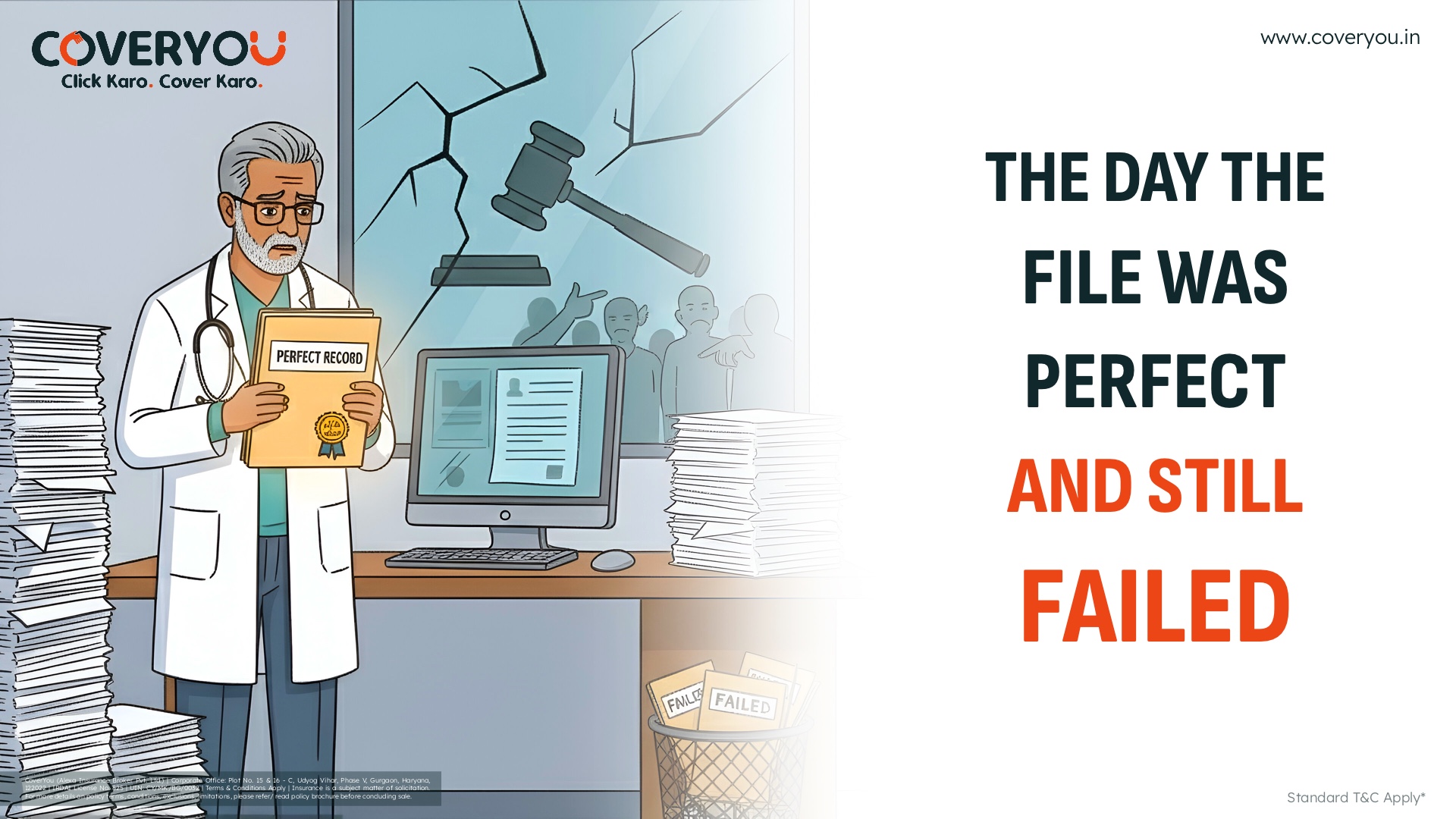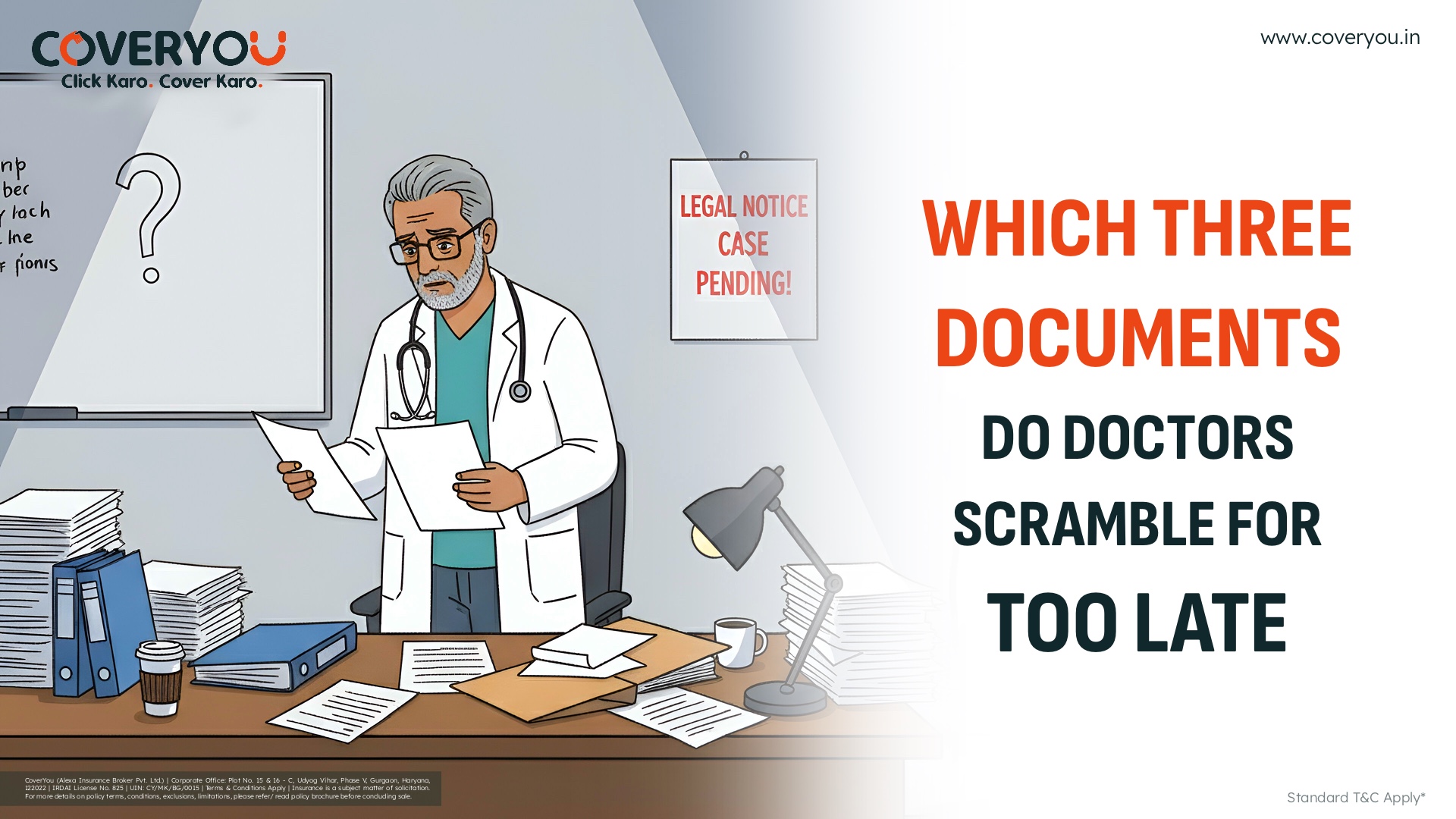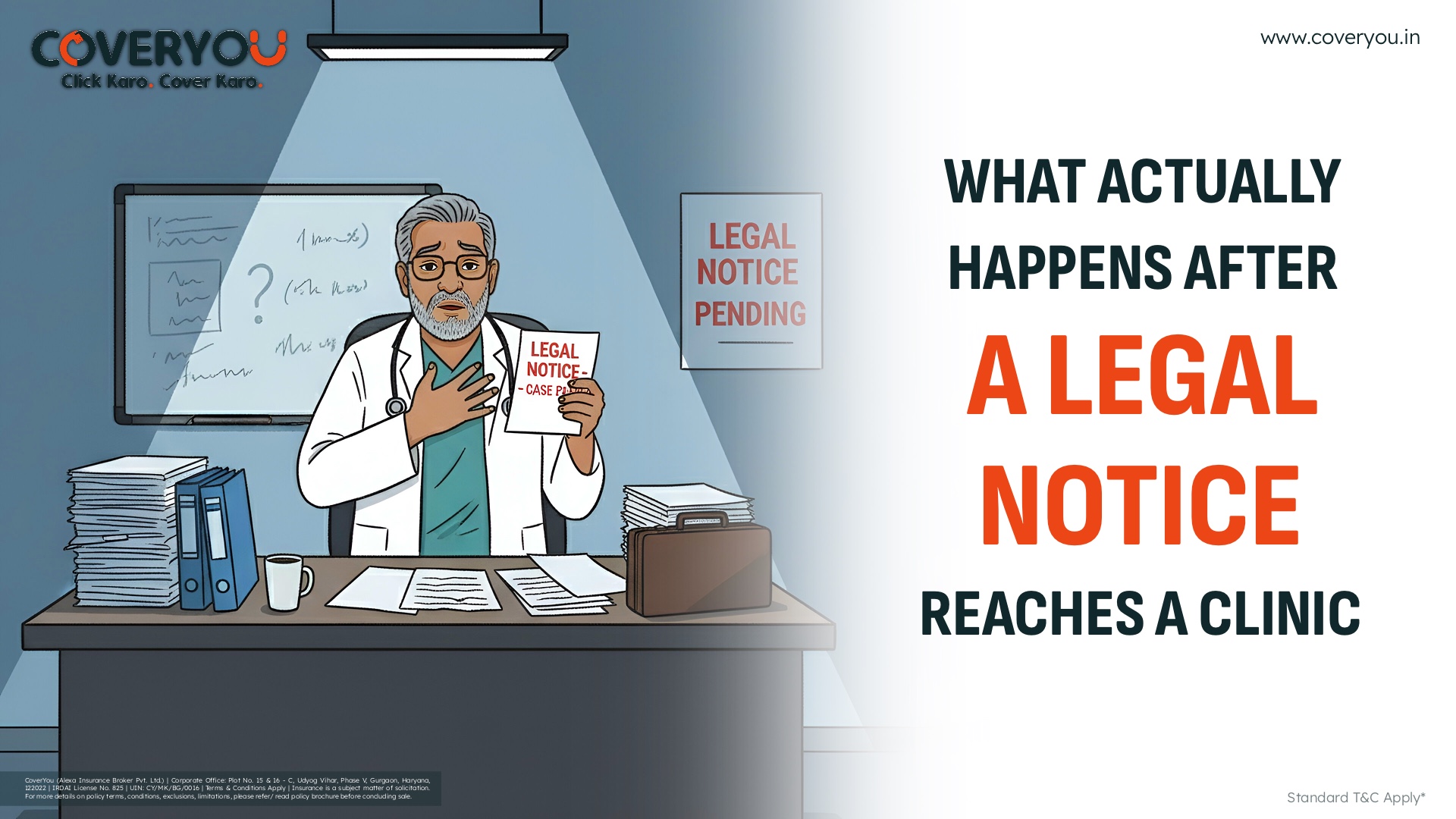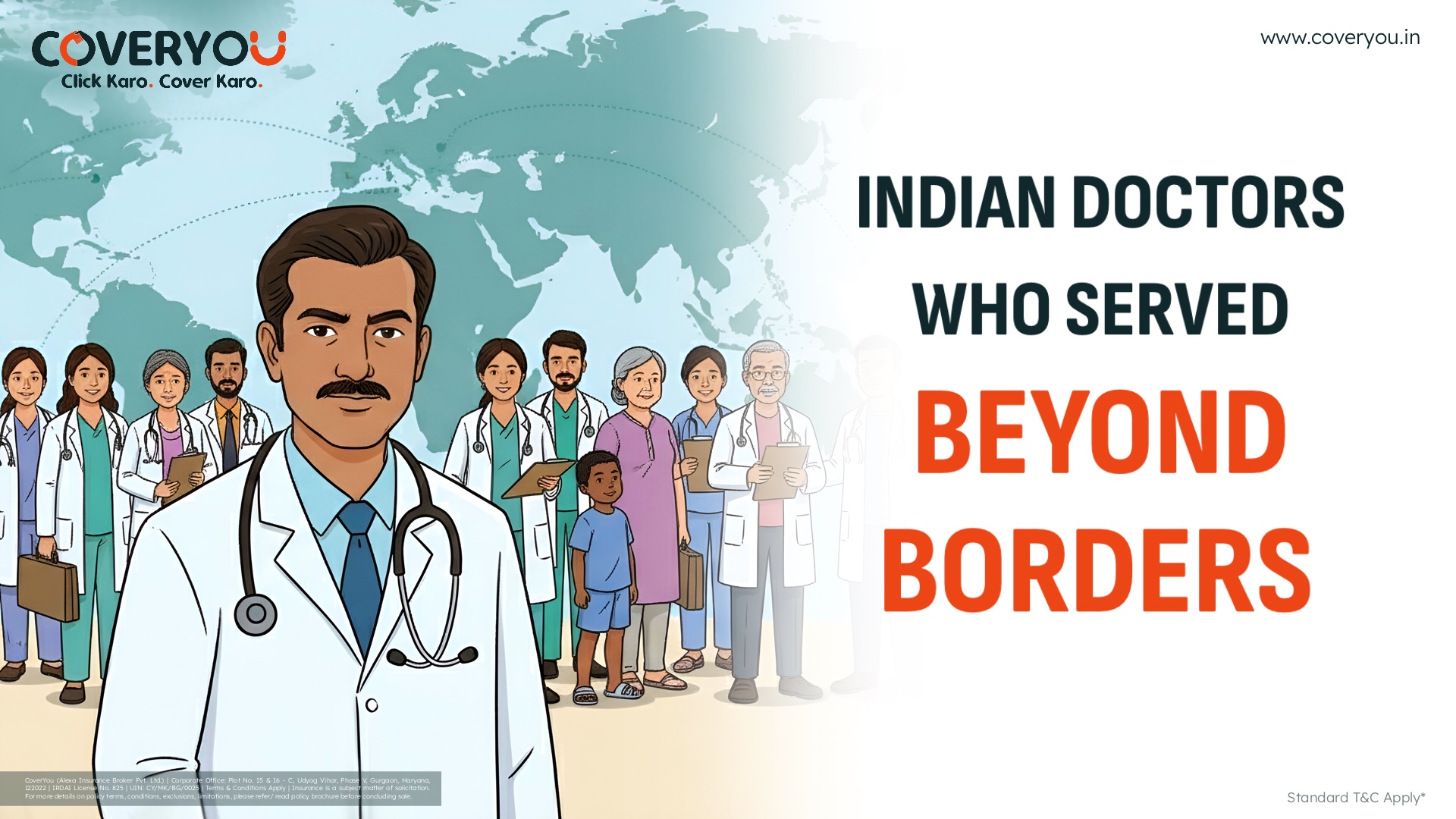Medicine is one of the most respected professions in the world, but the path to becoming a doctor is far from easy. Doctors play a crucial role in society, providing care when people are at their most vulnerable in between life and death. Becoming a doctor demands years of education, dedication, and a steadfast commitment to helping society. However, despite the rewarding nature of this profession, doctors face significant challenges throughout their careers, including legal, emotional, and cybersecurity risks.
The Long Journey of Education
The journey to becoming a doctor is long and arduous, typically taking 10 to 15 years. Medical students must endure a grueling academic regimen, mastering a vast amount of knowledge about the human body, diseases, treatments, and procedures. This often involves sacrificing personal time and dealing with financial stress due to the high cost of medical education. Aspiring doctors spend countless hours studying and preparing for exams, all while managing the pressure to excel in an intensely competitive field. Specialization requires even more years of residency and fellowship, further extending the demanding path to becoming a doctor.
Continuous Learning in a Fast-Paced World
Even after years of education, doctors must keep learning. In the rapidly evolving world of healthcare, doctors must stay up to date with advancements in medical technology, treatments, and procedures. In the 21st century, technological innovations like robotic surgery and AI-assisted diagnostics are transforming healthcare sector worldwide, and doctors need to integrate these tools into their practice while maintaining the personal touch patients expect. Continuous learning is essential, requiring doctors to attend webinars, conferences, and educational courses, often on top of an already demanding workload. This need for constant growth can be overwhelming, yet it is vital for delivering the best care.
The Rising Threat of Medical Negligence
With great responsibility comes great risk. Despite their best efforts, doctors can sometimes face legal consequences due to unintentional errors. The number of medical negligence cases is rising globally, with India registering 5.2 million claims annually. A single mistake can lead to devastating consequences for a doctor’s career, reputation, and finances. The emotional toll of these claims can be immense. To mitigate these risks, doctors are advised to maintain meticulous records, communicate openly with patients, and ensure informed consent while performing any procedure. While these practices reduce risk, they do not eliminate it. Professional indemnity insurance serves as a crucial safety net for doctors, offering legal and financial support during difficult times. It ensures that doctors can focus on what truly matters ‘providing care’ without fear of career-crippling consequences.
Cybersecurity Challenges in the Digital Age
The shift towards digitization has brought significant benefits to healthcare, but it also presents new challenges. Cyber threats are on the rise, and healthcare is one of the most targeted sectors. Doctors and healthcare providers must protect sensitive patient data from breaches and cyber-attacks. The Indian healthcare sector, as per India Today reports, faces an average of 6,935 weekly cyber-attacks. The potential consequences of a data breach are severe, including identity theft, financial loss, and reputational damage. In this era of increasing digital vulnerability, it’s essential for doctors to prioritize cybersecurity measures like cyber insurance in their profession
The Emotional and Physical Toll
Doctors often work in high-stress environments, dealing with life-and-death situations on a daily basis. The emotional toll of delivering bad news, managing critical cases, and losing patients can lead to burnout, anxiety, and depression. Many doctors also work long hours, including nights, weekends, and holidays, further straining their mental and physical well-being. According to the National Library of Medicine, about one-third of resident doctor’s experience stress, with those in internships reporting a prevalence as high as 91.1%. Balancing the emotional demands of the job with maintaining personal health and well-being is a constant struggle for healthcare professionals.
Balancing Professionalism and Empathy
Patients expect doctors to be both highly knowledgeable and deeply empathetic. However, maintaining emotional resilience in a high-pressure environment can be challenging. Doctors must find ways to balance professionalism with compassion, ensuring that they provide the best care while managing their own emotional well-being. It’s a difficult balance to strike, but one that is essential for building trust and delivering quality care.
The Role of Professional Indemnity Insurance
While doctors dedicate their lives to caring for others, they are not immune to mistakes. In such cases, Professional Indemnity Insurance serves as a vital protection, offering financial and legal protection. This policy helps doctors navigate through negligence claims and allows them to focus on their work with peace of mind. Given the increasing complexities of modern healthcare, having the right Indemnity Insurance coverage is crucial for every doctor.
Conclusion
Being a doctor is not just a profession; it is a lifelong commitment to continuous learning, emotional resilience, and steadfast dedication to patient care. Doctors face legal risks, cyber threats, and the emotional toll of their profession, but the reward of helping others makes the journey worthwhile. For those considering a career in medicine, it’s essential to understand that the sacrifices are significant, but the impact of their work will last a lifetime. In the face of these challenges, doctors must take proactive steps to protect themselves, both legally and financially. Professional Indemnity Insurance is an invaluable resource that allows doctors to continue their work with the confidence and security they need to make a lasting difference in the lives of their patients.
References:
















